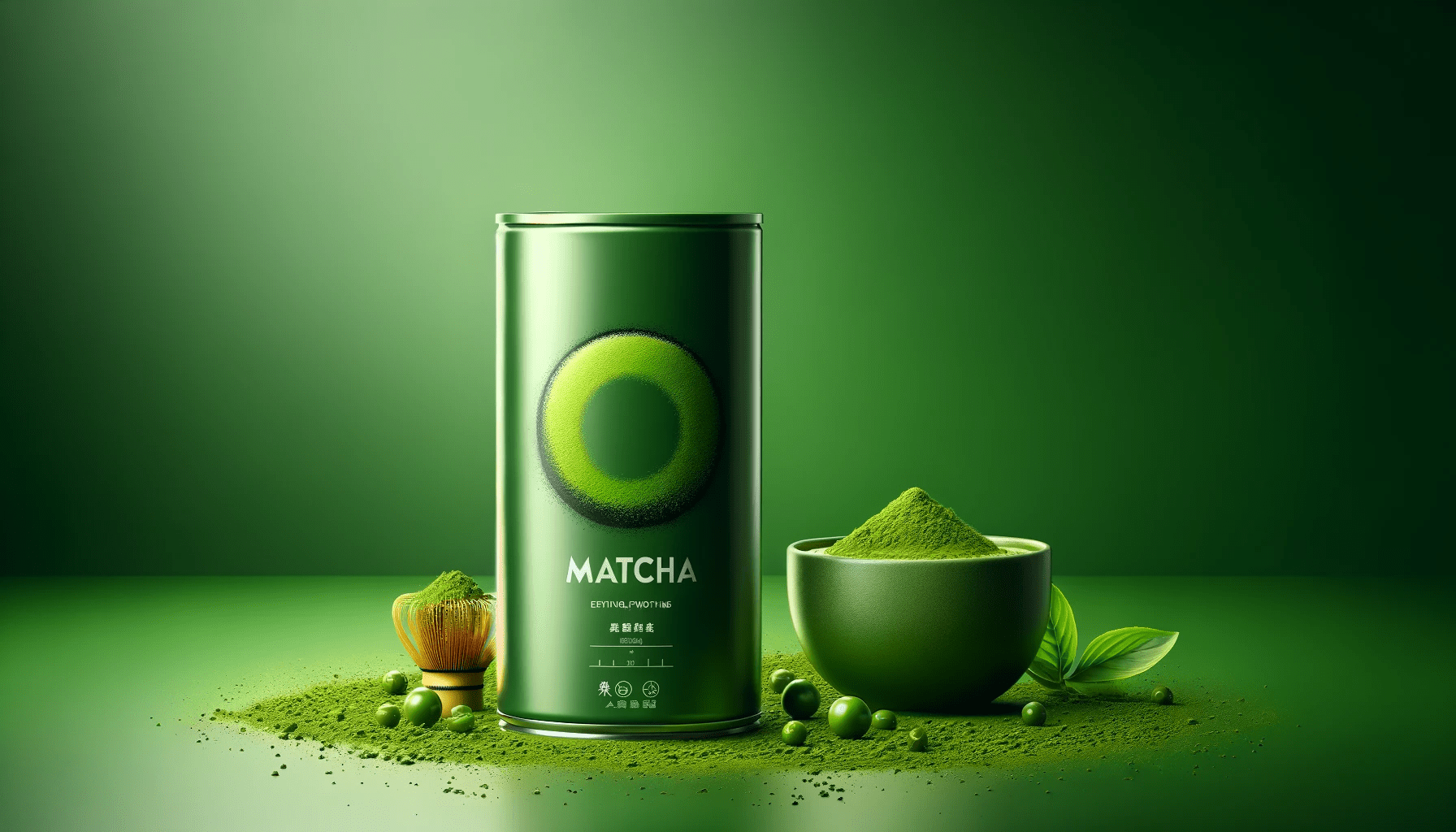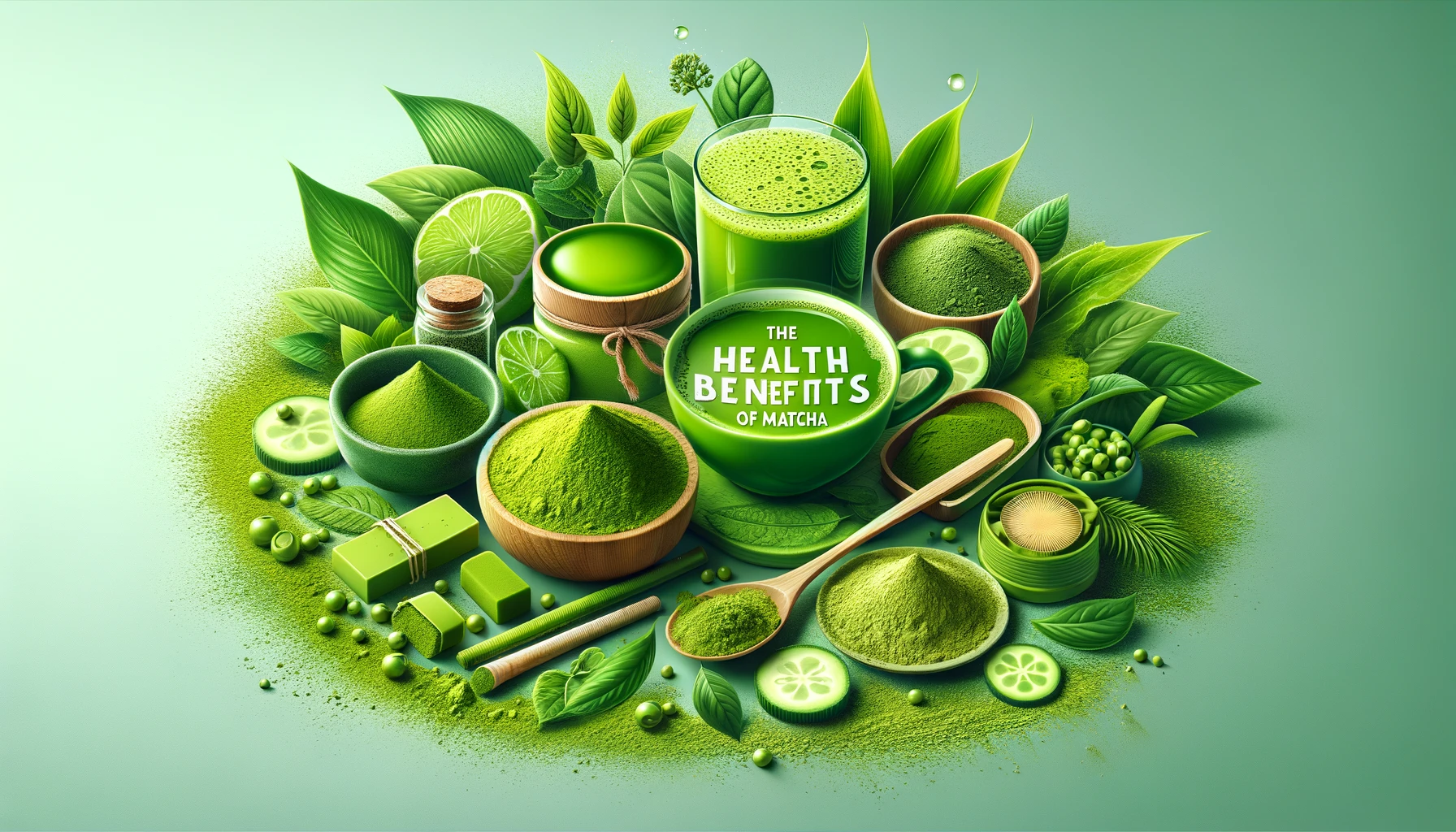
In recent years, the traditional Japanese green tea powder known as matcha has seen a remarkable surge in global popularity. Traditionally associated with elaborate tea ceremonies, matcha is celebrated for its vibrant green color, unique flavor profile, and numerous health benefits. The latest innovation in this green tea phenomenon is matcha in a can, a convenient, ready-to-drink format that is revolutionizing the way people consume this ancient beverage. This article explores the concept of canned matcha, its advantages, health benefits, and the potential impact on the beverage industry.
The Convenience of Matcha in a Can
Matcha in a can offers a new level of convenience for tea enthusiasts and health-conscious consumers alike. Ready-to-drink (RTD) beverages have gained popularity for their grab-and-go ease, and matcha is no exception. These cans provide a quick and easy way to enjoy matcha without the traditional preparation methods, which involve sifting the powder and whisking it with hot water until frothy. This convenience opens up matcha to a broader audience, including those with busy lifestyles or those new to matcha who may find the preparation process daunting.Sustaining Health Benefits: The Nutritional Power of Canned Matcha
Matcha, the finely ground green tea powder hailed from Japan, has long been revered for its extensive health benefits. With the advent of canned matcha, these benefits have become more accessible than ever, offering a convenient way to enjoy matcha's nutritional powerhouse on the go. This segment delves deeper into the health benefits sustained in canned matcha, supported by scientific research, and how this modern twist on a traditional drink contributes to overall well-being.
Rich in Antioxidants
One of the most celebrated attributes of matcha is its high antioxidant content, particularly catechins, a type of polyphenol. Among these, epigallocatechin gallate (EGCG) stands out for its potent health benefits. Antioxidants are crucial in fighting free radicals in the body, which can lead to cell damage and contribute to chronic diseases including cancer and heart disease. A study published in the "Journal of Nutritional Biochemistry" emphasizes that the EGCG in matcha is effective in reducing oxidative stress and improving various markers of health. Canned matcha retains these antioxidants, providing a protective effect against oxidative damage with every sip.Caffeine and L-Theanine: A Balanced Energy Boost
Canned matcha offers a unique combination of caffeine and L-theanine, which work together to provide a stable and prolonged energy boost without the crash often associated with coffee. While caffeine is known for its stimulating effects, L-theanine, an amino acid found almost exclusively in tea plants, promotes relaxation and reduces anxiety. This synergistic effect enhances cognitive function, improves focus, and reduces stress, as highlighted in a study from "Nutritional Neuroscience". The balanced energy lift from canned matcha makes it an ideal beverage for those seeking sustained alertness and mental clarity throughout the day.Supports Cardiovascular Health
The regular consumption of matcha has been associated with improved cardiovascular health. The catechins in matcha, especially EGCG, have been shown to lower bad cholesterol levels, regulate blood pressure, and improve blood flow, thereby reducing the risk of heart disease. Research published in "American Journal of Clinical Nutrition" found that green tea consumption is linked to a lower risk of cardiovascular disease and stroke. By incorporating canned matcha into one’s diet, individuals can tap into these cardiovascular benefits, promoting heart health in a convenient format.Aids in Weight Management
Matcha's potential to aid in weight management and fat loss is another compelling reason for its popularity. The combination of catechins and caffeine in matcha can boost metabolism and increase fat burning, particularly during exercise. A meta-analysis in "Obesity Reviews" suggests that green tea catechins, like those found in matcha, can significantly reduce body weight and help maintain weight loss. Canned matcha, therefore, can be a beneficial addition to a weight management strategy, offering a low-calorie, nutrient-rich beverage option.Quality and Flavor Preservation
One of the challenges in offering matcha in a canned format is preserving the quality and flavor profile of the tea. Innovations in packaging technology have made it possible to maintain the freshness and nutritional integrity of matcha from production to consumption. Nitrogen flushing, a method used in packaging, removes oxygen from the can, preventing oxidation and degradation of the matcha powder. This process ensures that each can of matcha delivers the same rich, umami flavor and vibrant green color expected of high-quality matcha.Environmental Considerations
As with any packaged beverage, environmental impact is a crucial consideration. Many brands are taking steps to address this by using recyclable materials for their cans and prioritizing sustainability throughout their supply chain. Consumers are encouraged to recycle their cans, contributing to a circular economy and minimizing the environmental footprint of their matcha consumption.Market Impact and Consumer Trends
The introduction of matcha in a can is part of a larger trend towards healthier, functional beverages. As consumers become more health-conscious and seek out natural, nutrient-rich options, matcha fits the bill perfectly. The convenience of canned matcha aligns with the fast-paced lifestyles of modern consumers, potentially expanding the market for matcha products and introducing this traditional tea to new demographics.References:
"Journal of Nutritional Biochemistry" on the antioxidative effects of EGCG."Nutritional Neuroscience" on the combined effects of caffeine and L-theanine on cognitive performance and mood.
"American Journal of Clinical Nutrition" on green tea's association with reduced risk of cardiovascular diseases.
"Obesity Reviews" on the impact of green tea catechins on weight loss and maintenance.
FAQ
How often to drink matcha?
The optimal frequency of drinking matcha depends on individual tolerance to caffeine and health goals. Generally, one to two cups a day can offer health benefits without excessive caffeine intake. Matcha contains approximately 70 mg of caffeine per serving, so it's essential to consider other caffeine sources you may consume throughout the day to avoid potential side effects like jitteriness or disrupted sleep patterns.What does matcha taste like?
Matcha has a unique flavor profile that is rich, earthy, and slightly sweet with vegetal notes and a creamy texture. High-quality matcha tends to have a more vibrant green color and a smoother taste, with less bitterness compared to lower grades which might taste more astringent.Can you drink matcha in the evening?
Since matcha contains caffeine, drinking it in the evening might disrupt sleep patterns for some people. It's generally recommended to consume matcha in the morning or early afternoon to avoid potential sleep disturbances, especially for those sensitive to caffeine.Is matcha good for the heart?
Yes, matcha is good for the heart. Studies have shown that the catechins, a type of antioxidant found in matcha, can help improve heart health by reducing blood pressure, lowering cholesterol levels, and decreasing the risk of heart diseases (Weiss, D. J., & Anderton, C. R. (2003). "Determination of catechins in matcha green tea by micellar electrokinetic chromatography." Journal of Chromatography A, 1011(1-2), 173-180).Is matcha tea good for the stomach?
Matcha can be both beneficial and potentially irritating to the stomach, depending on individual sensitivities. The antioxidants in matcha can reduce inflammation and support digestive health. However, for some people, the caffeine content may cause stomach discomfort or acid reflux. It's advisable to start with small amounts to assess tolerance.How to choose a good matcha tea?
To choose a good matcha tea, look for a vibrant green color, which indicates freshness and high quality. Opt for ceremonial-grade matcha for drinking, as it's made from the youngest tea leaves, offering a finer texture and better flavor. Ensure it comes from a reputable source, preferably organic, to avoid contaminants and pesticides.Is matcha good for the skin?
Yes, matcha is good for the skin. Its high antioxidant content can protect the skin from free radical damage, reducing inflammation and potentially improving skin elasticity and appearance. Topical application of matcha in skincare products can also provide benefits due to its anti-inflammatory and antimicrobial properties (Pazyar, N., & Feily, A. (2012). "Green tea in dermatology." Skinmed, 10(6), 352-355).What is the difference between green tea and matcha tea?
The main difference between green tea and matcha tea lies in their preparation and form. Green tea is made from whole leaves that are infused in water and then removed, whereas matcha is a fine powder made from ground tea leaves, which is whisked with water and consumed entirely. This means matcha contains a higher concentration of catechins and caffeine compared to traditional green tea infusions.For the most accurate and personalized advice, it's always best to consult with healthcare or nutritional professionals, especially when incorporating something new like matcha into your diet.